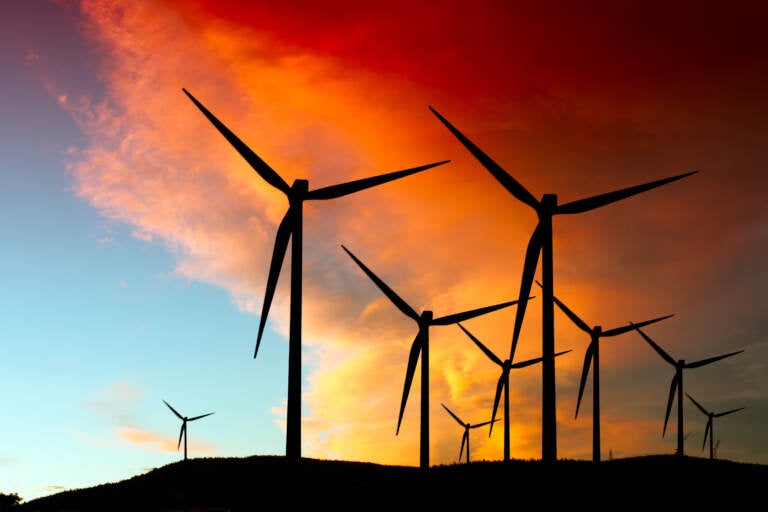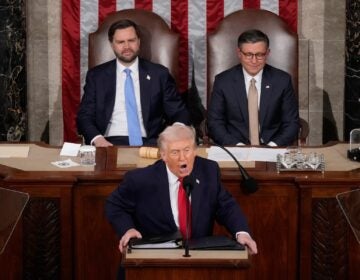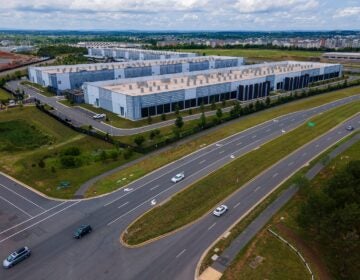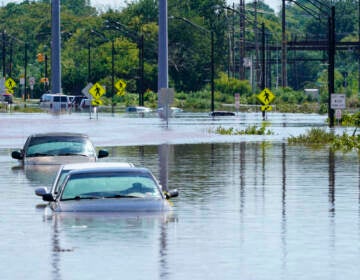New fronts in the fight against climate change
Listen 48:28
(WDG Photo/Bigstock)
The search for solutions to address climate change is urgent. People want action now, something that will move the needle. But every solution that’s on the table has potential unintended consequences or tradeoffs involved. For example, wind power sounds like a great, clean option, but wind farms need space — where should they be located? A plan to construct them in the ocean is upsetting many fishermen and conservationists. Efforts to mine the ocean floor for precious metals needed to make batteries for renewables are scaring marine biologists. And an audacious plan to cool the earth through geo-engineering is making lots of folks very anxious. On this episode, we explore climate solutions, their potential drawbacks, and how we can carefully weigh the risks and benefits.
Also heard on this week’s episode:
- We talk with environmental researcher Forrest Fleischman about why planting trees may not be the climate cure-all we think it is. Fleischman is an associate professor of environment and natural resource policy at the University of Minnesota.
- How do we cut fossil fuel emissions? One idea from the Biden administration is opening large-scale commercial offshore wind farms. But in New Jersey, Susan Phillips reports the planned wind farms occupy some of the most fertile fishing grounds in the nation, which has sparked a major fight.
- Erik Cordes, professor and vice chair of biology at Temple University in Philadelphia, joins us to discuss the pivotal — yet often forgotten — role the deep ocean plays in protecting us from some of the worst effects of climate change, along with a new threat facing it: deep sea mining.
- While countries struggle to cut carbon emissions, some scientists say it’s time to study a more controversial, short-term measure — reflecting more sunlight away from the earth to cool the planet. Alan Yu reports.
- People spend a lot of time and effort fighting invasive plant species and trying to return landscapes to their previous state. Samantha Chapman, professor of biology at Villanova University and co-director of its Center for Biodiversity and Ecosystem Stewardship, joins us to discuss rethinking that approach.
Segments from this episode
WHYY is your source for fact-based, in-depth journalism and information. As a nonprofit organization, we rely on financial support from readers like you. Please give today.






